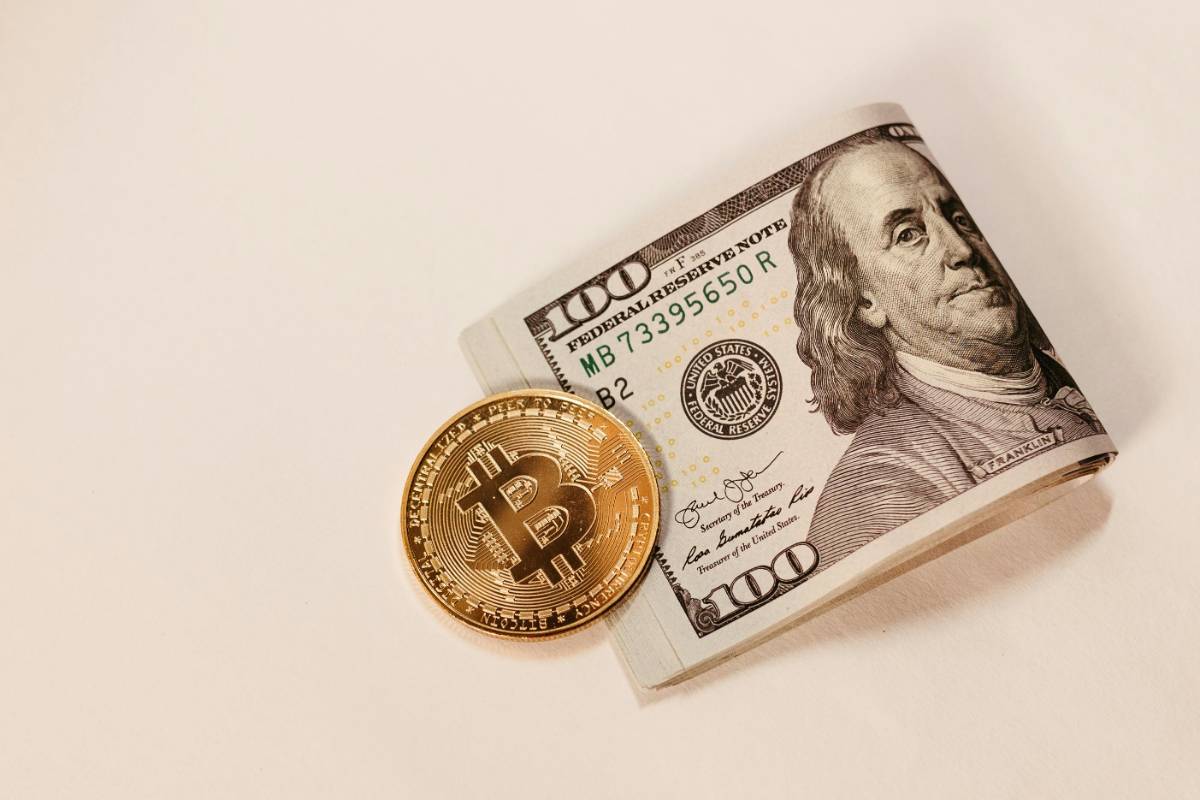

Inflation is a key economic factor that affects personal finances in a variety of ways. As the cost of goods and services rises, it can erode purchasing power and impact savings, investments, and overall financial stability. Understanding how inflation works and taking steps to mitigate its effects can help you protect your financial well-being.

Inflation refers to the sustained increase in the prices of goods and services over time. It results in a decrease in the purchasing power of money, meaning that a dollar today buys less than it did in the past. While moderate inflation is a normal part of a growing economy, high inflation can pose significant challenges for individuals and families.
As inflation causes prices to rise, the same amount of money buys fewer goods and services. This is most noticeable in essential categories such as food, transportation, and housing. For example, if inflation is at 5%, a product that costs $100 today would cost $105 the next year. This can strain household budgets, especially for those with fixed incomes or limited wage growth.
Inflation can also erode the value of savings and investments. If the return on your savings or investments doesn't keep pace with inflation, you lose purchasing power over time. For example, if your savings account earns 2% interest, but inflation is at 3%, the real value of your savings is actually decreasing. To combat this, individuals often look for investment options that offer returns higher than the inflation rate, such as stocks, real estate, or inflation-protected securities.

Inflation plays a key role in determining interest rates. Central banks, such as the Federal Reserve in the U.S., raise interest rates to combat high inflation and lower rates to stimulate spending during periods of low inflation. When interest rates rise, borrowing becomes more expensive, which can reduce consumer spending and slow down economic growth. For individuals, higher interest rates mean higher costs for mortgages, car loans, credit cards, and other types of borrowing.
There are several strategies that can help individuals mitigate the effects of inflation on their personal finances. These include:
Investing in assets that typically outperform inflation, such as stocks, real estate, or commodities like gold.
Using inflation-protected securities like Treasury Inflation-Protected Securities (TIPS) to safeguard the value of your investments.
Diversifying your investments to spread risk and take advantage of different asset classes that may perform better during inflationary periods.
Adjusting your budget and spending habits to account for rising prices, by cutting back on discretionary expenses and prioritizing essentials.
Inflation is a key factor to consider when planning for retirement. If you’re saving for retirement, you’ll want to ensure that your savings and investments outpace inflation over time. Additionally, you need to account for the rising cost of living when estimating how much you’ll need for retirement. A financial advisor can help you plan for the long-term impact of inflation on your retirement goals.
Inflation doesn’t just have financial consequences; it can also affect people's psychology. As costs rise, individuals may feel anxious about their financial future, leading to stress and a sense of insecurity. This can impact their decision-making, whether it’s in terms of spending, saving, or investing. It's important to recognize these psychological effects and take steps to manage stress during inflationary periods.
Inflation is a powerful force that affects nearly every aspect of personal finances. While it can be challenging, being proactive and adjusting your financial strategies can help you navigate inflation and protect your financial future. Whether you’re planning for retirement, managing debt, or investing for the future, understanding inflation’s impact is essential for long-term financial success.











